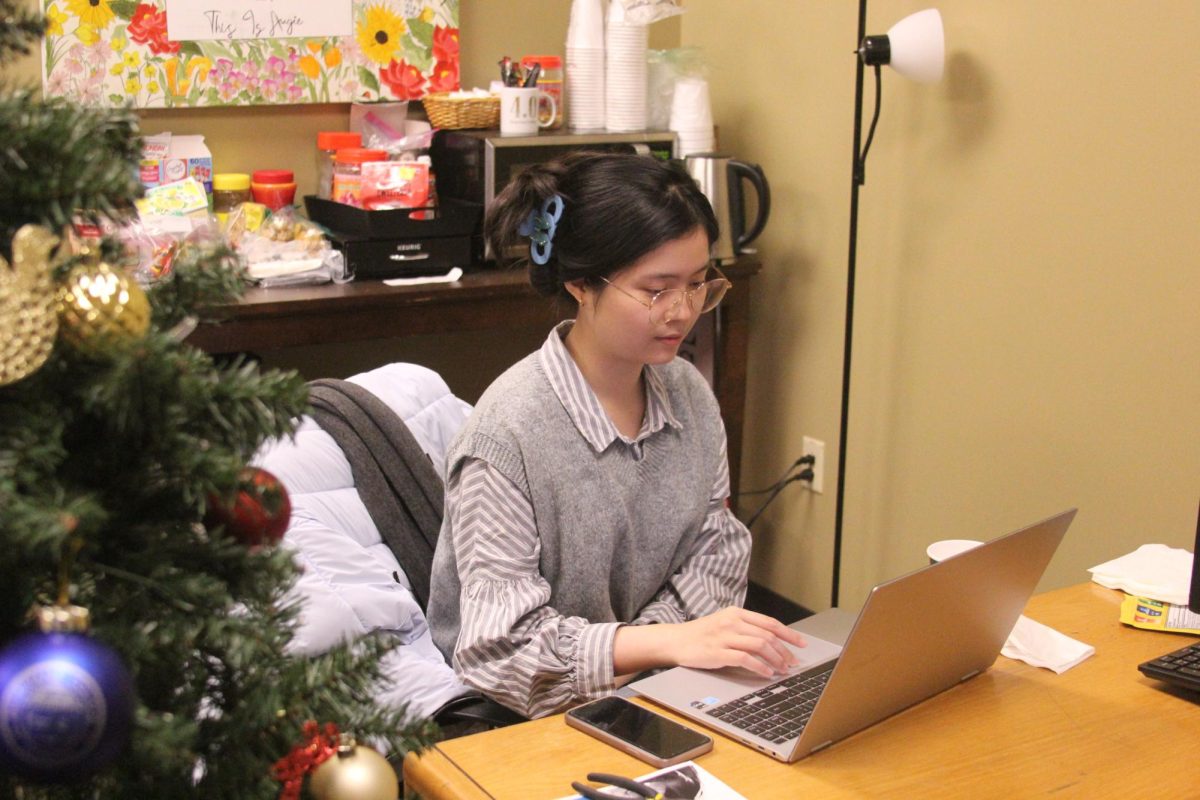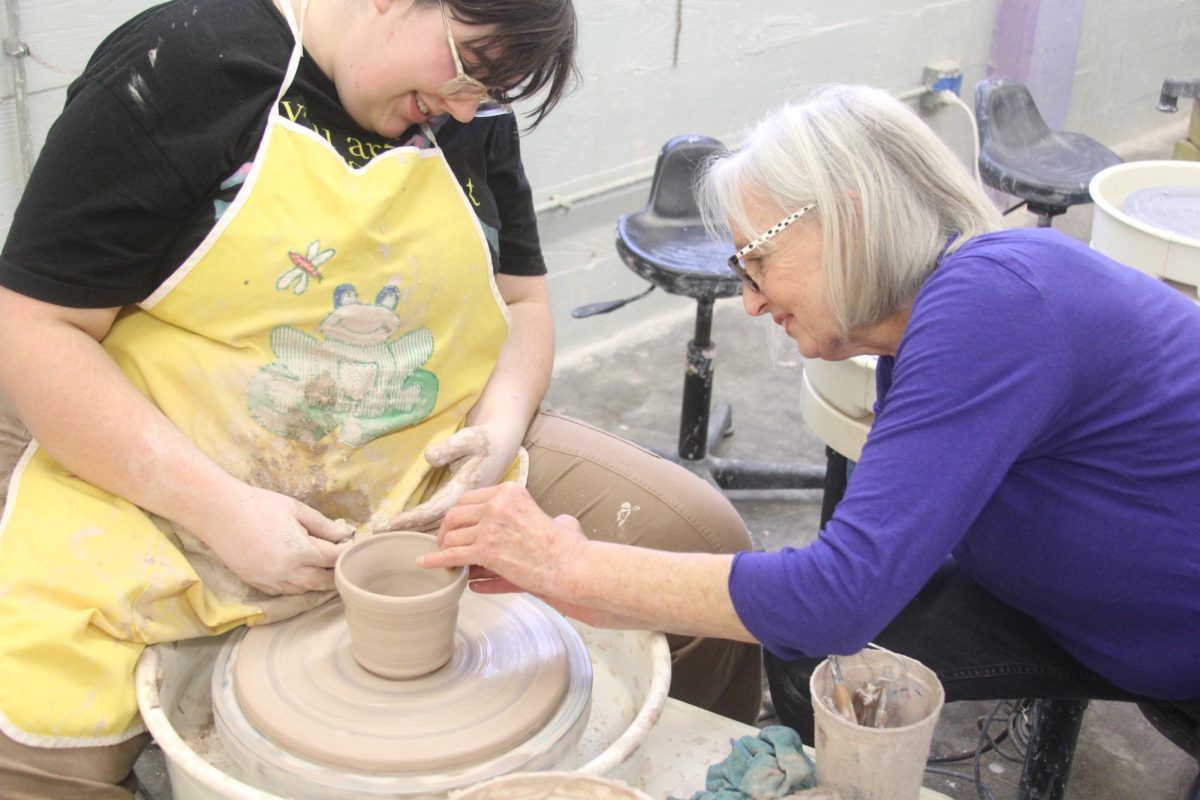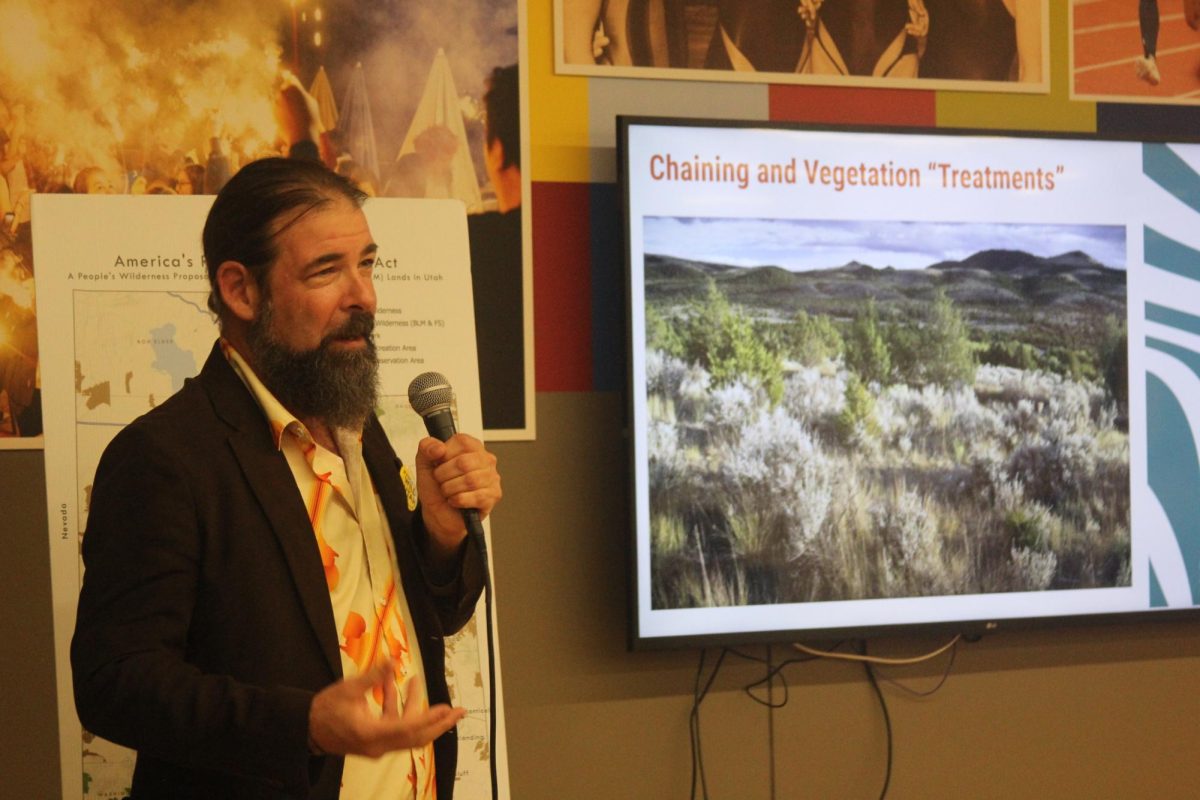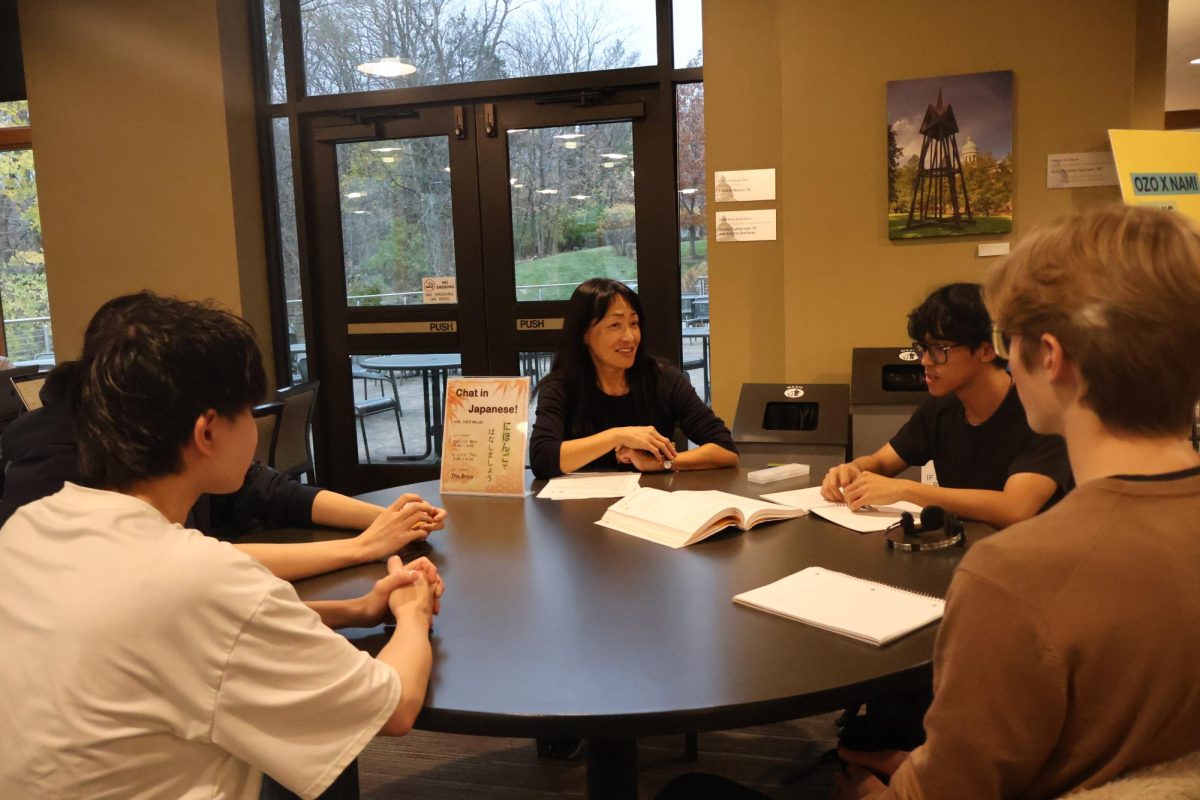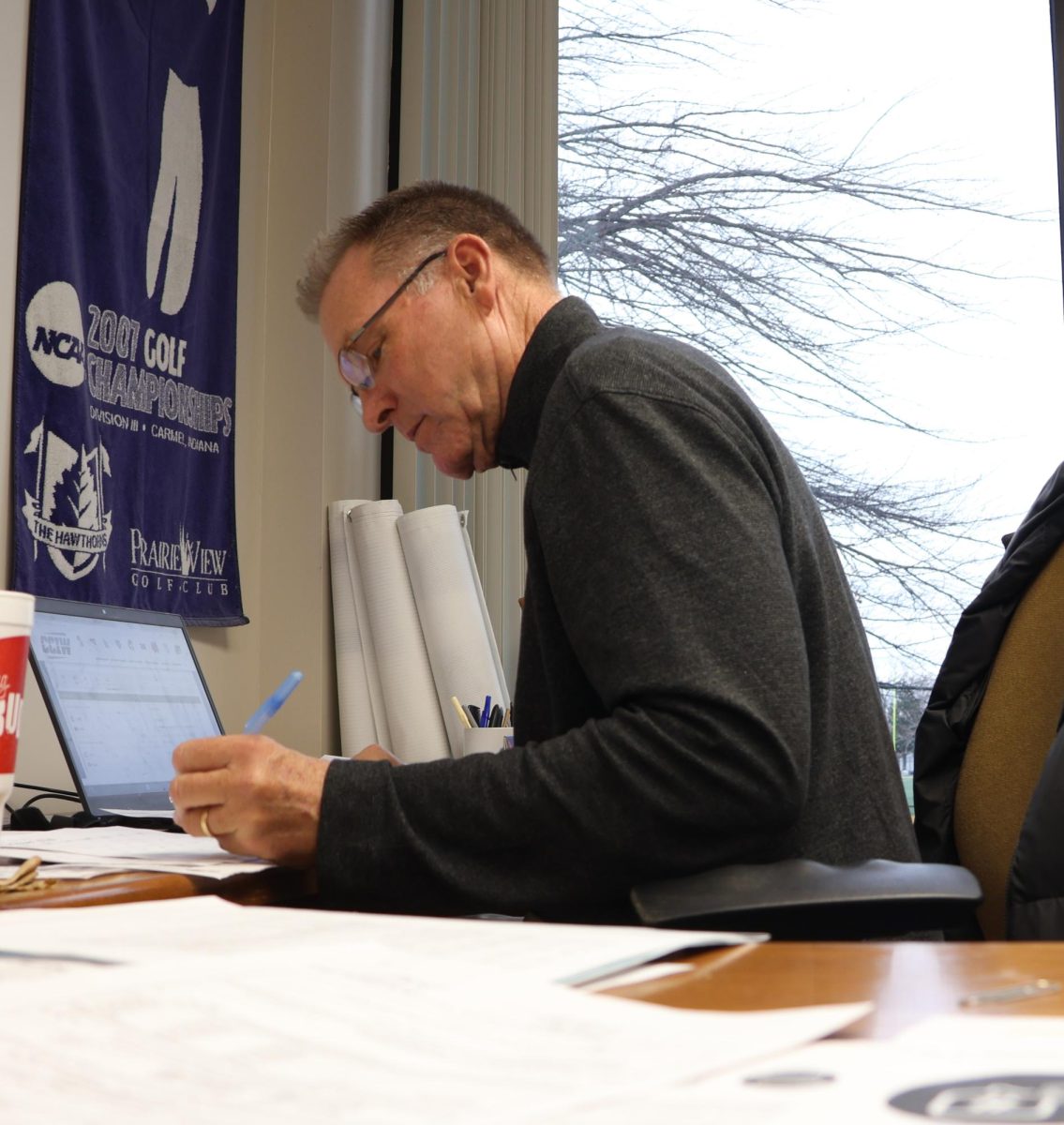Finding enjoyable classes to fill perspectives can be a challenge, especially if your major has nothing to do with the topic. Lucky for me, my Geology 100 class is interesting as well as a fulfillment of my lab and Natural World requirements.
Our professor showed the class pictures of a mineral mine in the Black Hills area of South Dakota. He explained how minerals like the ones we were discussing in class came from mines in the Black Hills. He went on to the next slide, but I was still thinking of the picture.
How could he mention the Black Hills without mentioning how the United States acquired them? Greed for those valuable minerals cost Native Americans their land and often, their lives. The impacts of anti-indigenous racism are still around today.
Information like that may have nothing to do with the biotite mica, but it deserves at least a mention. A reminder of cultural genocide deserves a minute of our time.
This is a problem that has plagued me about our current national academic structure. Even at a liberal arts college, important social and historical information was left out of a lecture where it could have been included.
This method of teaching, known as awareness-raising, may seem to be distracting. How could I expect him to mention it in his lecture?
A goal of a liberal arts college education is knowing about more than just your field of study. This would be why I was in a geology class in the first place.
Yet it isn’t guaranteed that a geology major will ever take a WGST class, even if they are filling perspective requirements. But they have to talk about mineral mines in the Black Hills.
This is about more than just a geology professor neglecting to mention a part of American history. It’s English professors who never utilize works by authors of color. This is about computer science teachers who mention Alan Turing, but not the homophobia and persecution.
More people need to know important parts of our history like these. Teaching compassion, critical thinking and cross-curricular information where appropriate is missing from the current model in nearly every field of study.
Focusing on the topic, getting ready for the next test only, has chased it out of our academic expectations.
Even within the social science fields, more could be done to learn about recent shifts in theory and thought amongst the communities that are taught about in class.
When professors in any field try their best to do so, those have always been the best classes in my experience.
Making connections beyond the topic at hand makes learning easier. Doing so to raise awareness of important or overlooked issues is necessary if we want to actively move forward as individuals and as a society.
Liberal arts education not liberal enough, yet
September 23, 2014
0
More to Discover

